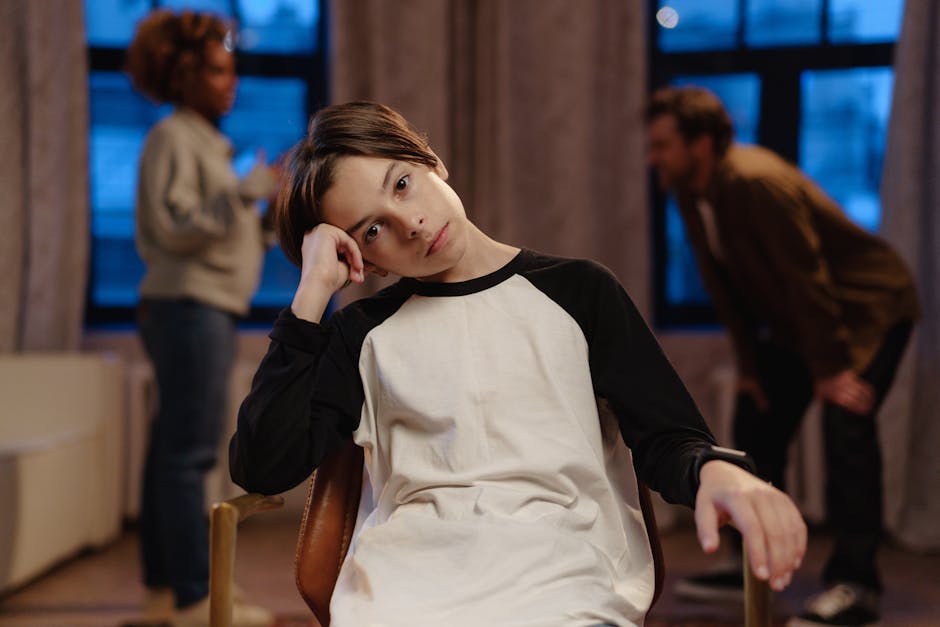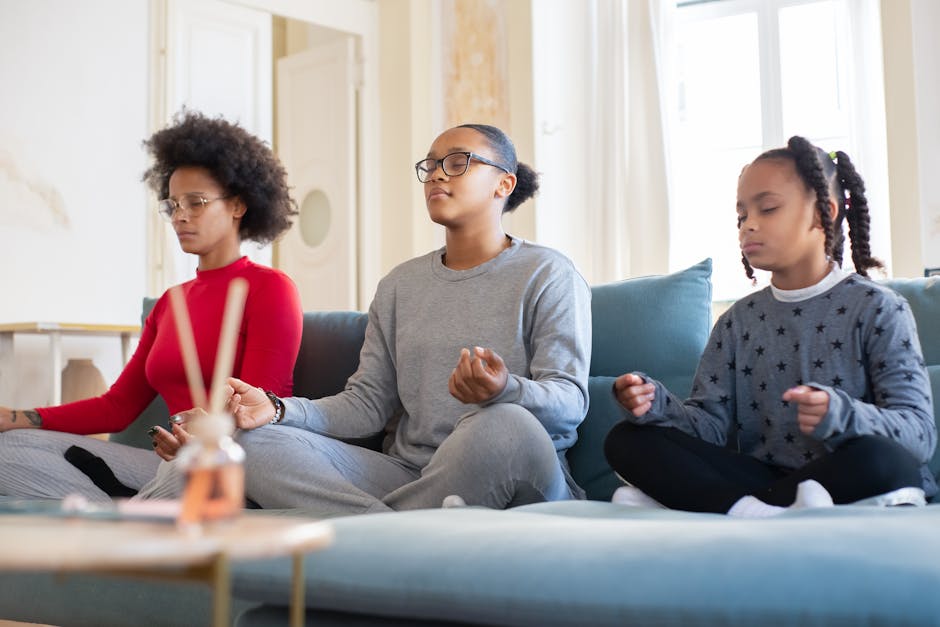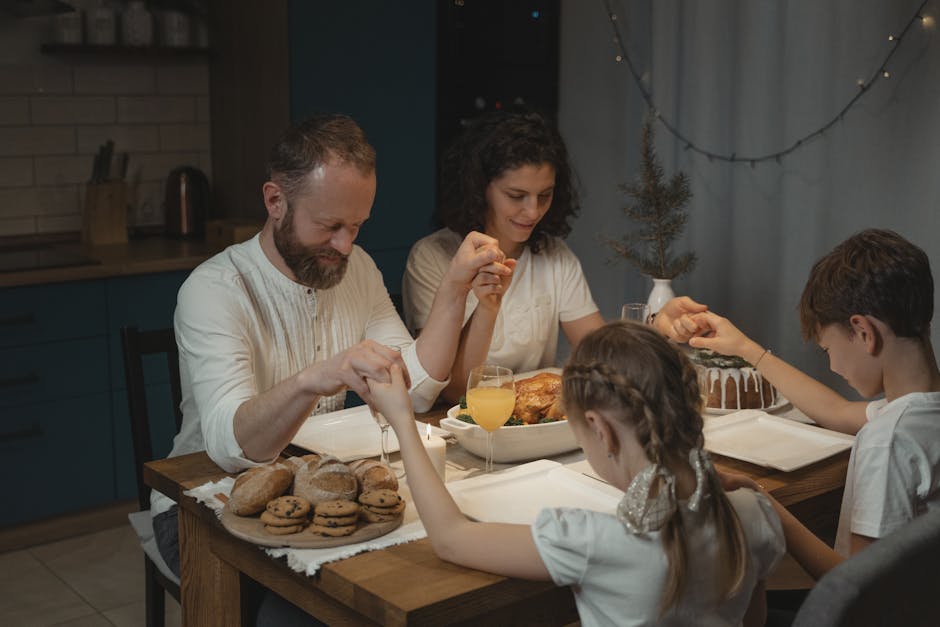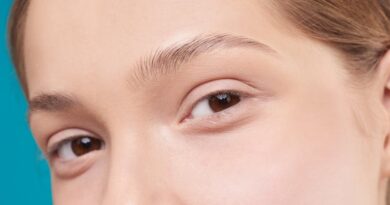Kids’ Eye Health: What Parents Should Know
Did you know that about 1 in 4 kids has an undetected eye problem? Eye health is crucial for your child’s development, learning, and overall well-being. As parents, it’s important to understand how to care for your child’s eyes. In this article, we’ll explore key information about kids’ eye health, common issues, and tips to keep those little peepers bright!
Why is Eye Health Important for Kids?

Your child’s eyes are essential for learning and everyday activities. Vision affects how they read, play, and even socialize. Good vision helps kids perform better in school and strengthens their confidence. Poor eyesight can lead to frustration and difficulties in learning.
According to the American Academy of Ophthalmology, nearly 80% of what kids learn comes through their eyes. that’s a big deal! If they can’t see well, they might miss out on important information.
What Are Common Eye Problems in Kids?

Kids can face several eye issues. Here are some of the most common:
- Myopia (Nearsightedness): They can see close objects clearly but struggle with distant ones.
- Hyperopia (Farsightedness): They see distant objects well but may have trouble with close ones.
- Astigmatism: Blurry vision due to an irregularly shaped cornea.
- Amblyopia (Lazy Eye): Poor vision in one eye that isn’t correctable with glasses.
- Strabismus (Crossed Eyes): Eyes that do not align properly.
Many of these issues can be corrected with glasses, contact lenses, or eye exercises. Early detection is key.
When Should Kids Get Their Eyes Checked?

When should you start worrying about your childs eyes? Experts recommend several eye exams at different ages:
- At 6 months: First eye exam to check for any noticeable issues.
- At 3 years: A more detailed vision check.
- At 5 years: Before starting school, to catch any potential problems early.
- Every 1-2 years: After age 6, unless advised otherwise by an eye doctor.
Regular check-ups can save your child from future vision problems. it’s like going to the dentistbetter to go early!
How Can Parents Help Protect Their Kids’ Eyes?

Protecting your child’s eyes doesnt have to be complicated. Here are some simple strategies:
- Encourage Outdoor Play: Natural light is good for their eyes. Plus, it keeps them active!
- Limit Screen Time: Too much time on tablets and phones can lead to eye strain. Aim for no more than 1-2 hours a day for kids.
- Use Protective Eyewear: When playing sports or doing crafts, make sure they wear safety goggles.
- Teach Good Hygiene: Remind them to wash hands before touching their eyes. This helps prevent infections.
Small steps can make a big difference. Think of it as building a strong foundation for their eye health.
What Signs Should Parents Look For?
Sometimes kids don’t know they have an eye problem. They might not even realize it affects them. Here are signs that should raise a red flag:
- Squinting or tilting their head to see better.
- Frequent eye rubbing or closing one eye.
- Complaints of blurry vision or headaches.
- Difficulty reading or doing homework.
- Covering one eye to see better.
If you notice any of these signs, it’s time for an eye exam. Trust your instinctsyour childs vision matters!
Are There Myths About Kids’ Eye Health?
Yes, there are several myths! Lets debunk a few:
- Myth: Reading in dim light can damage your eyes.
- Fact: While it can cause eye strain, it doesnt cause permanent damage.
- Myth: Kids will outgrow vision problems.
- Fact: Many issues won’t get better without treatment.
- Myth: Wearing glasses will make your vision worse.
- Fact: They help correct vision but won’t change it negatively.
Understanding these myths can help you make better decisions about your child’s eye care.
What Should You Do If Your Child Needs Glasses?
If your child needs glasses, don’t worry! Here are some tips to make it easier:
- Involve Them: Let your child pick their glasses. Fun colors and styles can make them excited to wear them.
- Set a Routine: Encourage them to wear their glasses consistently. Make it part of their daily routine.
- Positive Reinforcement: Compliment them when they wear their glasses. This builds their confidence.
Make wearing glasses a fun experience. The more they feel good about it, the more likely theyll wear them!
How Important is Nutrition for Eye Health?
Your childs diet plays a big role in their eye health. Certain nutrients help keep eyes strong. Here are some important foods to include:
- Carrots: Packed with Vitamin A, great for vision.
- Leafy Greens: Spinach and kale protect against eye diseases.
- Fish: Omega-3 fatty acids are good for overall eye health.
- Eggs: Rich in lutein and zeaxanthin, which help protect the eyes.
- Fruits: Oranges and berries provide Vitamin C, which is good for eye health.
A balanced diet can help your child see clearly. it’s a tasty way to support their eye health!
What Should You Ask the Eye Doctor?
When you take your child for an eye exam, it’s important to ask the right questions. Here are some to consider:
- What type of vision problem does my child have?
- What treatments are available?
- How often should we schedule follow-up exams?
- Are there any specific activities my child should avoid?
- What can we do at home to help?
Being informed helps you make the best choices for your child. don’t hesitate to ask questions. Your childs vision is worth it!
Conclusion: Take Action for Your Child’s Eye Health
Protecting your child’s eye health is a vital part of raising a healthy, happy child. By understanding common issues, getting regular check-ups, and promoting good habits, you can ensure their vision stays strong.
Remember, early detection is key. If something seems off with their vision, trust your gut and schedule an eye exam. With your help, your child’s eyes can shine bright!
For more information on children’s eye health, visit the American Academy of Ophthalmology.
Now that you know the essentials, share this information with other parents! Together, we can help ensure every child has the best chance for clear vision and a bright future.



